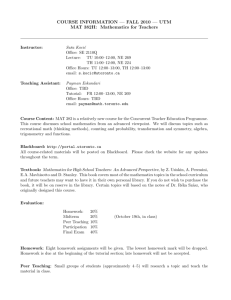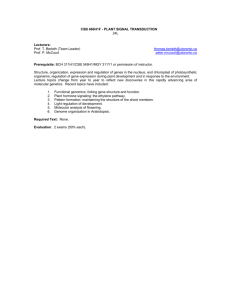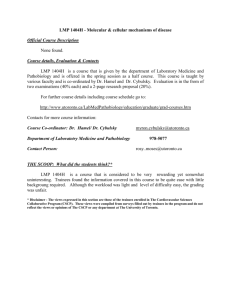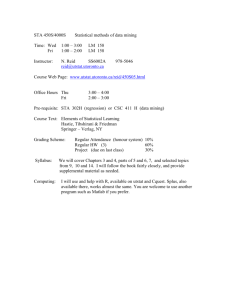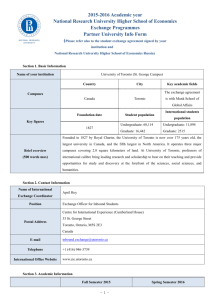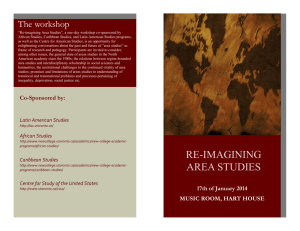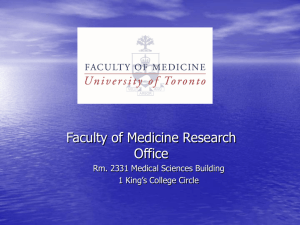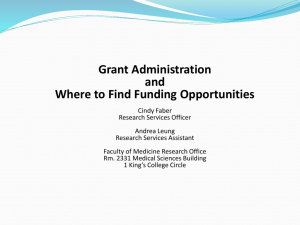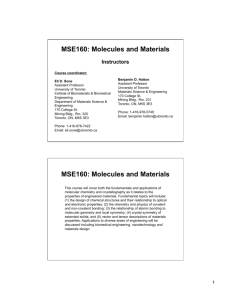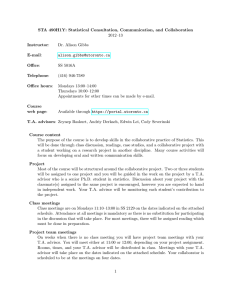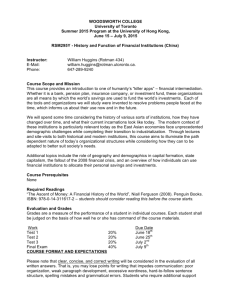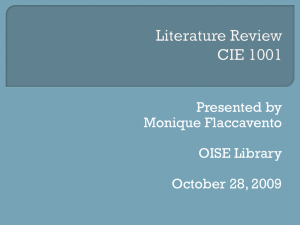199ResourcesForLearning
advertisement
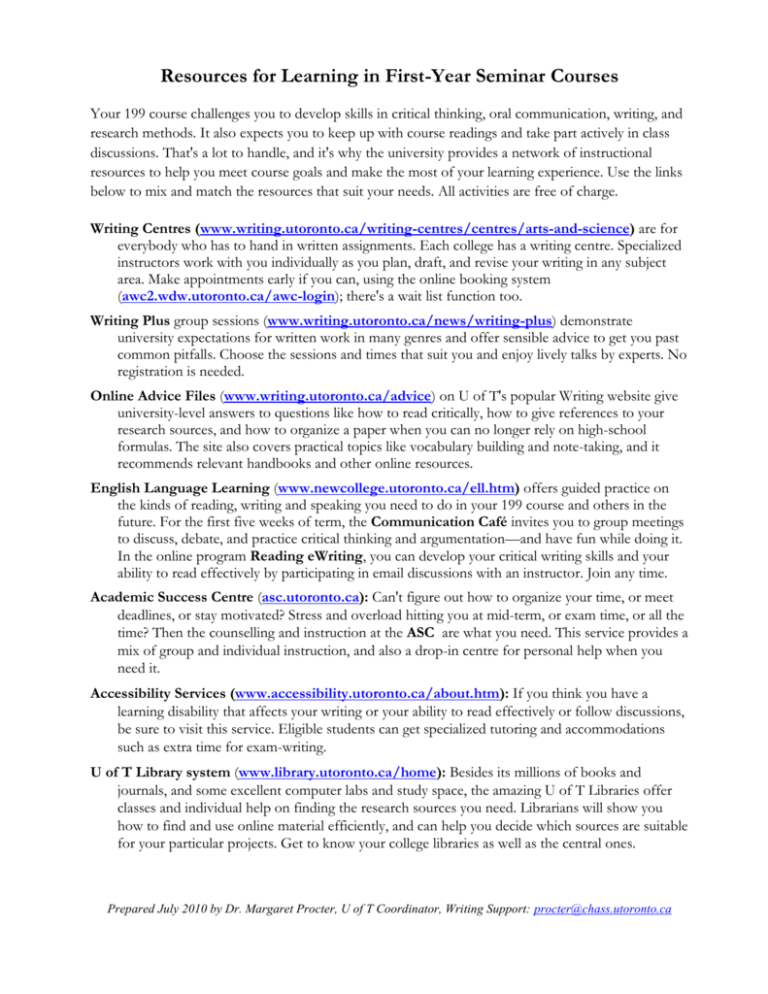
Resources for Learning in First-Year Seminar Courses Your 199 course challenges you to develop skills in critical thinking, oral communication, writing, and research methods. It also expects you to keep up with course readings and take part actively in class discussions. That's a lot to handle, and it's why the university provides a network of instructional resources to help you meet course goals and make the most of your learning experience. Use the links below to mix and match the resources that suit your needs. All activities are free of charge. Writing Centres (www.writing.utoronto.ca/writing-centres/centres/arts-and-science) are for everybody who has to hand in written assignments. Each college has a writing centre. Specialized instructors work with you individually as you plan, draft, and revise your writing in any subject area. Make appointments early if you can, using the online booking system (awc2.wdw.utoronto.ca/awc-login); there's a wait list function too. Writing Plus group sessions (www.writing.utoronto.ca/news/writing-plus) demonstrate university expectations for written work in many genres and offer sensible advice to get you past common pitfalls. Choose the sessions and times that suit you and enjoy lively talks by experts. No registration is needed. Online Advice Files (www.writing.utoronto.ca/advice) on U of T's popular Writing website give university-level answers to questions like how to read critically, how to give references to your research sources, and how to organize a paper when you can no longer rely on high-school formulas. The site also covers practical topics like vocabulary building and note-taking, and it recommends relevant handbooks and other online resources. English Language Learning (www.newcollege.utoronto.ca/ell.htm) offers guided practice on the kinds of reading, writing and speaking you need to do in your 199 course and others in the future. For the first five weeks of term, the Communication Café invites you to group meetings to discuss, debate, and practice critical thinking and argumentation—and have fun while doing it. In the online program Reading eWriting, you can develop your critical writing skills and your ability to read effectively by participating in email discussions with an instructor. Join any time. Academic Success Centre (asc.utoronto.ca): Can't figure out how to organize your time, or meet deadlines, or stay motivated? Stress and overload hitting you at mid-term, or exam time, or all the time? Then the counselling and instruction at the ASC are what you need. This service provides a mix of group and individual instruction, and also a drop-in centre for personal help when you need it. Accessibility Services (www.accessibility.utoronto.ca/about.htm): If you think you have a learning disability that affects your writing or your ability to read effectively or follow discussions, be sure to visit this service. Eligible students can get specialized tutoring and accommodations such as extra time for exam-writing. U of T Library system (www.library.utoronto.ca/home): Besides its millions of books and journals, and some excellent computer labs and study space, the amazing U of T Libraries offer classes and individual help on finding the research sources you need. Librarians will show you how to find and use online material efficiently, and can help you decide which sources are suitable for your particular projects. Get to know your college libraries as well as the central ones. Prepared July 2010 by Dr. Margaret Procter, U of T Coordinator, Writing Support: procter@chass.utoronto.ca
